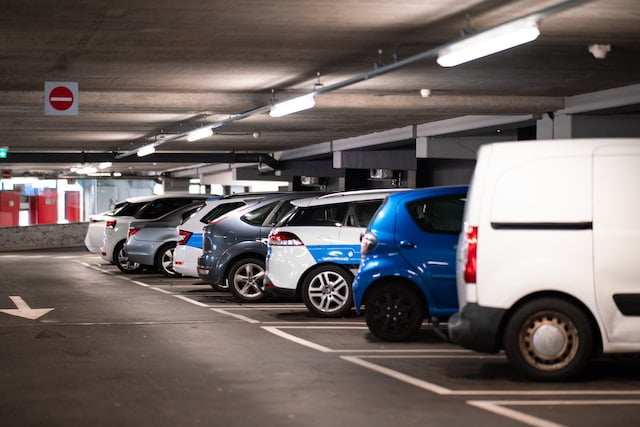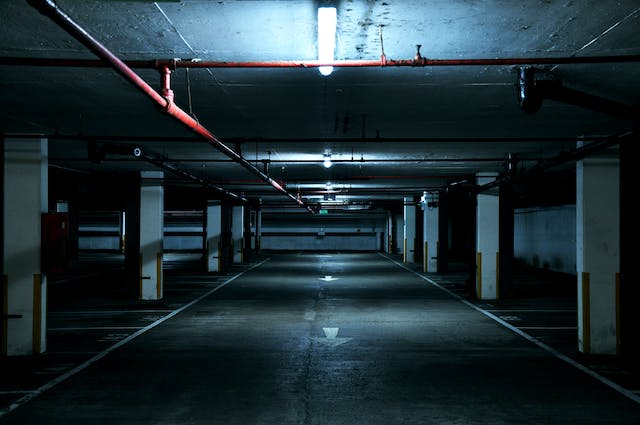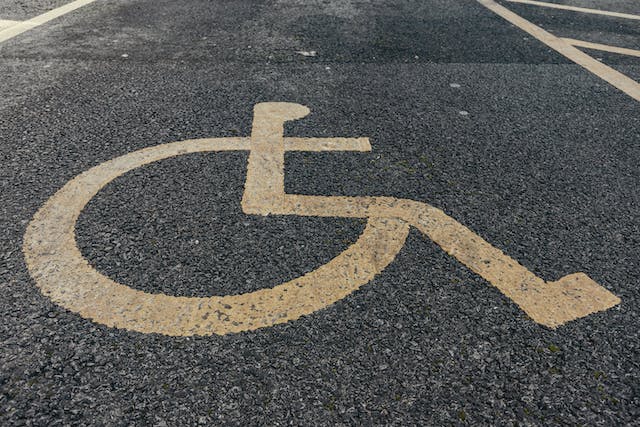Top 6 Parking Issues in Malaysian Residential Areas and Condominiums
Parking issues are a common concern in residential areas and condominiums across Malaysia. These issues happen often due to the increasing number of vehicles and limited parking spaces. Addressing these challenges is crucial for fostering harmonious living environments. In this article, we will delve into the top 6 common parking issues faced by residents in both residential areas and condominiums in Malaysia.
1. Limited Parking Spaces
In densely populated areas and high-rise condominiums across Malaysia, the scarcity of parking spaces emerges as a persistent challenge. Limited parking spaces often give rise to frustration and disputes among residents. The huge demand often surpasses the available slots. This creates a competitive atmosphere where finding a parking space becomes a daily struggle.
To address this issue, strategic parking management practices are crucial. Both residents and property management must optimize existing spaces and implement innovative solutions. Implementing comprehensive solutions requires a holistic approach that considers both the immediate needs of residents and the long-term sustainability of parking facilities. Collaborative efforts within the community and the integration of technology, such as smart parking systems, can streamline the parking experience and contribute to a more harmonious living environment.

2. Unauthorized Parking
Whether by visitors or residents, the persistent issues of unauthorized parking remain a huge source of frustration in Malaysian residential areas and condominiums. Visitors or residents who park on designated spaces without permission can disrupt the orderly use of parking spaces. It can also lead to conflicts among residents.
To combat this problem, the establishment of clear and well-communicated parking regulations is important. Residents and visitors should be informed about designated parking areas and the consequences of unauthorized parking. Property managers should enforce penalties for violations and put more effort into emphasizing the importance of adhering to parking guidelines.
Besides, incorporating technology into parking management can also further enhance efforts to stop unauthorized parking. For example, electronic parking systems can enable efficient monitoring and enforcement while providing real-time data on parking usage. By combining clear regulations with technological solutions, residential areas and condominiums in Malaysia can address the persistent headache of unauthorized parking and foster a harmonious parking environment.
3. Poorly Maintained Parking Facilities
The impact of neglected and poorly maintained parking facilities extends beyond mere aesthetics. It can also affect both the safety and overall satisfaction of residents. Poorly maintained parking facilities can reflect poorly on the community and affect the perceived value of the property. However, the more critical concern lies in the potential safety hazards. Cracked pavements, inadequate lighting, and malfunctioning security systems can cause accidents and unwanted incidents. The well-being of residents and their vehicles can be compromised.
To rectify these issues, a proactive approach to parking facility maintenance is essential. Regular upkeep contributes to a positive resident experience while addressing safety concerns. Furthermore, the implementation of surveillance systems and secure entry points can add an additional layer of safety to the parking environment.

4. Inadequate Visitor Parking
Insufficient visitor parking stands out as a common yet impactful issue in Malaysian residential areas and condominiums. The absence of designated parking spaces for visitors often results in a lack of available slots when guests arrive, leading to frustration and inconvenience. To remedy this, communities can adopt visitor-friendly parking solutions that accommodate the transient nature of guest vehicles. By designating specific areas for visitors, residential areas and condominiums can ensure that guests have convenient and easily accessible parking options.
Implementing time limits for visitor parking is another effective strategy to manage parking availability. By setting reasonable time constraints, communities can ensure that visitor parking spaces are utilized efficiently and that guests have access to these spaces when needed. Additionally, encouraging alternative transportation options for guests, such as ridesharing services or public transportation, can alleviate parking pressure and contribute to a more sustainable and community-focused approach.
5. Disputes Over Assigned Parking
Assigned parking disputes within condominiums in Malaysia can create significant discord among residents. When parking spaces are not assigned or the allocation process lacks fairness, conflicts can arise. Clear communication is paramount to address these disputes effectively. Condominium management should communicate policies regarding parking space assignments. This clarity ensures that residents understand the allocation process.
6. Lack of Handicap Accessible Parking
The lack of sufficient handicap-accessible parking spaces has caused problems for residents and visitors with mobility challenges. Addressing this issue involves ensuring compliance with accessibility standards set forth by relevant authorities. Property managers should identify areas for improvement and implement necessary modifications to meet the specific needs of residents with disabilities.
Designating accessible parking areas strategically within the community is a fundamental step toward enhancing overall convenience. These spaces should be positioned in proximity to entrances and common areas. Additionally, clear signage and well-maintained pathways contribute to a safe experience for individuals utilizing accessible parking spaces. By prioritizing the creation and maintenance of handicap-accessible parking, residential areas and condominiums can foster a more inclusive and supportive community.

Conclusion
Addressing common parking issues in Malaysian residential areas and condominiums requires effective communication and strategic planning. Overcoming these challenges can contribute to the overall well-being and satisfaction of residents.